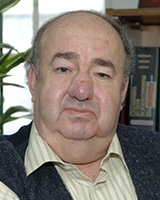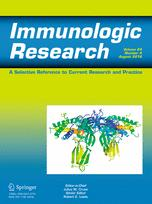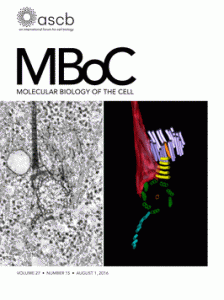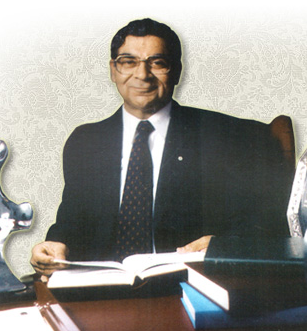 This summer, Ottawa Citizen reporter Tom Spears was sitting by a lake on vacation when he opened a spam email from a publisher. Amused to see the sender was a journal focused on bioethics, he got an idea.
This summer, Ottawa Citizen reporter Tom Spears was sitting by a lake on vacation when he opened a spam email from a publisher. Amused to see the sender was a journal focused on bioethics, he got an idea.
I thought, what if I just throw something outrageous at them?
The situation should sound familiar to readers who follow such “sting” operations: Spears submitted a fake paper to the so-called “predatory” journal, it was accepted one month later with no changes, and published.
But after Spears submitted a comment on the paper saying it was “a steaming pile of dung from start to meaningless finish” (which the journal never posted), wrote an article about it (picked up by other outlets, including The Huffington Post Canada) — surprise, surprise! — the paper was retracted.
Most authors don’t celebrate retractions. But Spears told us he felt “sheer triumph:” Continue reading Surprise! Paper retracted after author tells journal it’s a “pile of dung”



 The last author of a 1999 paper has asked the journal to retract it less than one month after a user
The last author of a 1999 paper has asked the journal to retract it less than one month after a user 



